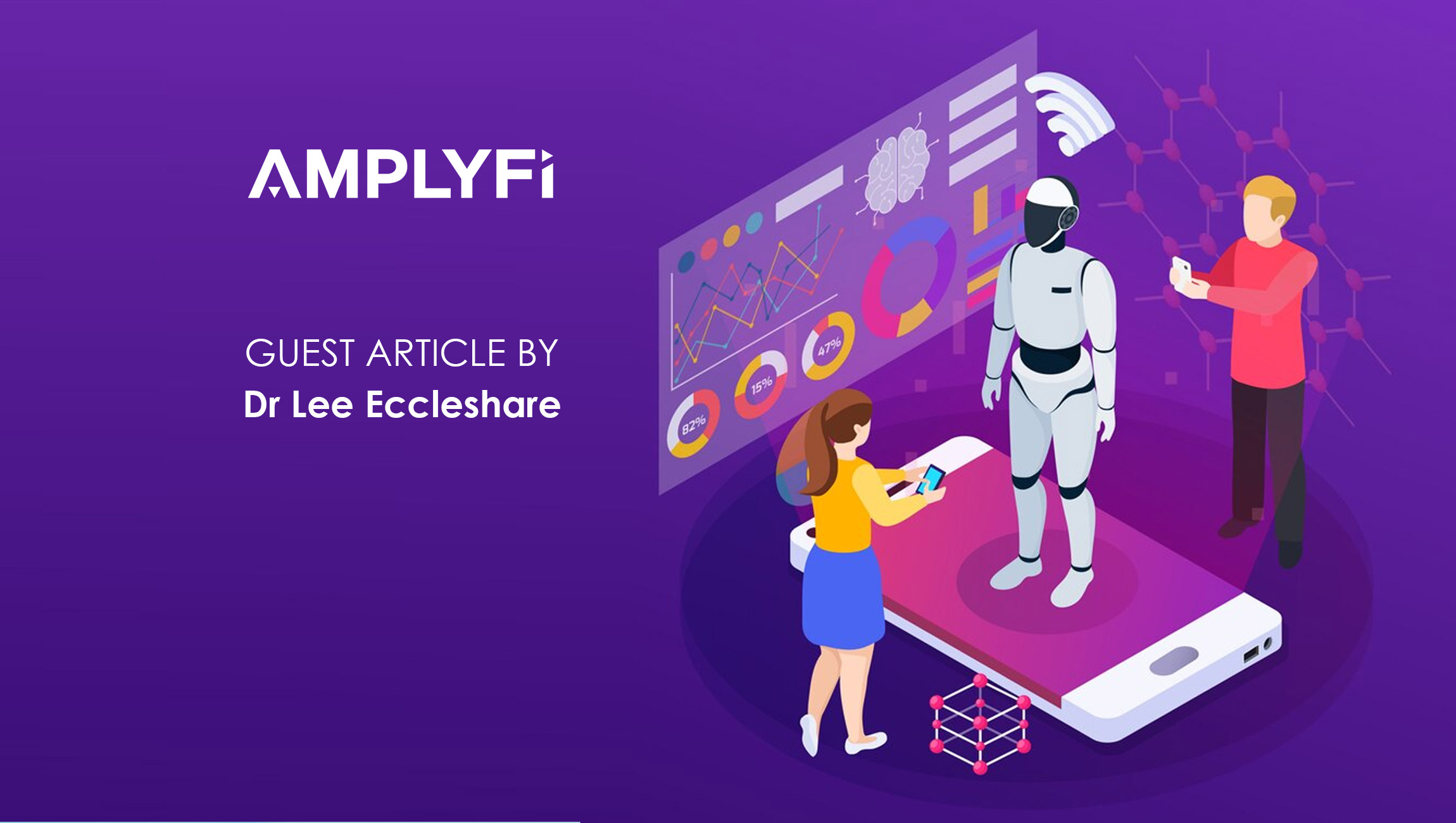The pressure is on for marketing teams to produce effective campaigns that cut through market saturation and best the efforts of their closest competitors. The name of the game is to deploy a marketing mix that reduces the risk of poor ROI and shows an understanding of not just their customers, but also the market in which the customers function. To meet these requirements most effectively, these teams should be empowered by increasingly sophisticated technology aimed at enhancing their market intelligence capability.
Marketers have been quick to utilise new capabilities, such as those provided by AI innovation. Data from Statista in 2018 illustrated that 29% of marketers were using AI in some way, a figure which skyrocketed to 62% in 2022. This trend has only continued; The Marketing AI Institute’s 2023 State of Marketing AI Report highlighted that 98% of marketers were using AI in some way. Not only does this demonstrate growing awareness and appetite to explore AI but it also suggests the technology has moved far beyond its buzzword status and is being applied widely within business functions.
As well as growing usage, we are also witnessing an increase in the sophistication of tasks that AI is being applied to. Whereas before we might have seen AI being used to help generate email subject lines, we are now seeing AI platforms being used to support entire market intelligence workflows. With improved market intelligence, markers are able to drive more finely turned and data-driven targeting.
The inherent issue of data-led marketing
Marketers are constantly juggling various workstreams, multi-channel campaigns, data-collecting, and designing creative elements. They are usually time-poor and under-resourced whilst facing tight deadlines; research illustrates 62% of knowledge workers say they don’t have enough time to access all the information needed to effectively do their job. What’s more, nearly half (43%) of decision makers are unable to find the resources needed to perform their weekly tasks.
Traditionally, the proposed solution for this has been allocating more budget to marketing departments, either for additional spending pots or resource in the form of larger teams. However, higher marketing budgets are often unfeasible in practice. Research from Gartner in 2023 revealed 71% of CMOs don’t have the budget to fully execute marketing strategies.
Even if resourcing wasn’t an issue, growing a larger team of marketers might not be the most cost efficient solution – in many cases it is better to unlock efficiencies in the team you already have. The average knowledge worker spends 7.7 hours a week collecting information, costing large businesses an average of £4.4 million a year. When considering this in terms of how much time marketers might spend gathering market intelligence for a target market, it becomes easy to see how AI support could increase efficiency and drastically reduce costs.
It’s the combination of achieving marketing success without the need for vast resources that has led to the leveraging of emerging technologies. So, how is AI helping?
Marketing Technology News: MarTech Interview with Andrew Frawley, Chief Executive Officer at Data Axle
A lifetime of reading…
A successful marketing team is one informed by data before, during, and after campaigns. Owed primarily to the constant proliferation of information across the deep web, businesses can access more data than ever before. The problem is that they do not have the resources to manage this task. They are facing information overload.
The most obvious impact AI can have on marketing teams is providing a wealth of information in record time. Some AI platforms can perform a ‘lifetime of reading in as little as twenty minutes’. In doing so, AI can remove the significant manual load of collecting, analysing, and grouping market intelligence information. Not only can AI save marketers from this task it can also reduce the amount a business is paying its skilled employees to painstakingly carry out foundational research.
By expediting the research progress, marketers can instead focus on using the data they have garnered to make better decisions. By freeing up time, campaigns can be more carefully deliberated, designed, and executed in a way that increases their effectiveness. By removing the rushing around inherent in marketing functions, far more time and resource can be spent optimising campaigns and measuring success.
Beyond data collection – acting on the insight
Marketers are often promoting their brand’s various offerings to a diverse range of target demographics. They need to accurately understand their customers’ persona, their changing market dynamics, and how to optimally provide them with marketing materials. Yet marketers cannot become ‘an expert in everything’ despite having the best intentions to do so.
Not only can AI collect and structure vast amounts of market intelligence data, it can be used to explore deeper into what all of this information means. Rather than comparing between a handful of authoritative or trusted sources, a whole wealth of information can be analysed across numerous touchpoints such as sentiment, search volume, and where each trend appears. By using AI tailored to market intelligence, departments can become ‘experts in everything’ at an impressive pace, and act on current, relevant insights. Not only does this increase their agility in reacting to trends and preference changes, but it also means far less time has to be spent in the initial planning stages of entering a new market or launching a new product.
Marketers to lead the information exchange
AI can transform the day-to-day market intelligence working of marketing departments, but it can also improve their standing within the entire business. For marketing departments, specifically those using AI to their advantage, better performance and efficiency can foster trust from the C-Suite and other departments. This can go a long way toward funneling appropriate resources, budgets, and agency in the future. In this regard, leveraging AI can help marketing teams gain trust and ‘buy in’ across an organisation.
The insights garnered by marketing teams for their campaigns can also provide crucial information to other departments such as sales, operations, product development, and risk teams. Naturally, comprehensive and automatically structured information, sourced via AI automation, can be more easily disseminated across various departments. Not only can this create far better alignment in separate business functions, but it can also reduce the often ‘siloed’ working environment marketing departments find themselves operating within. Ultimately, the correct use of AI across a business can help improve efficiency, reduce resource-heavy workloads, and produce data-led processes that enable all manner of teams to put their best foot forward. More impressive financial results, increased employee productivity, and market agility can then follow.
Marketing Technology News: Customer Journey Measurement: 4 Steps to Ensuring More Successful Marketing Strategies











